As I understand , a Node JS server continues to listen on a port for any incoming requests which means the thread is continuously busy ? When does it break from this continuous never ending loop and check if there are any events to be processed from the call back queue?
2) When Node JS starts executing code of callback functions, the server is essentially stopped? It is not listening for further requests? I mean since only single thread is going to do both the task only one can be done at a time?
Is this understanding correct or there's more to it?
